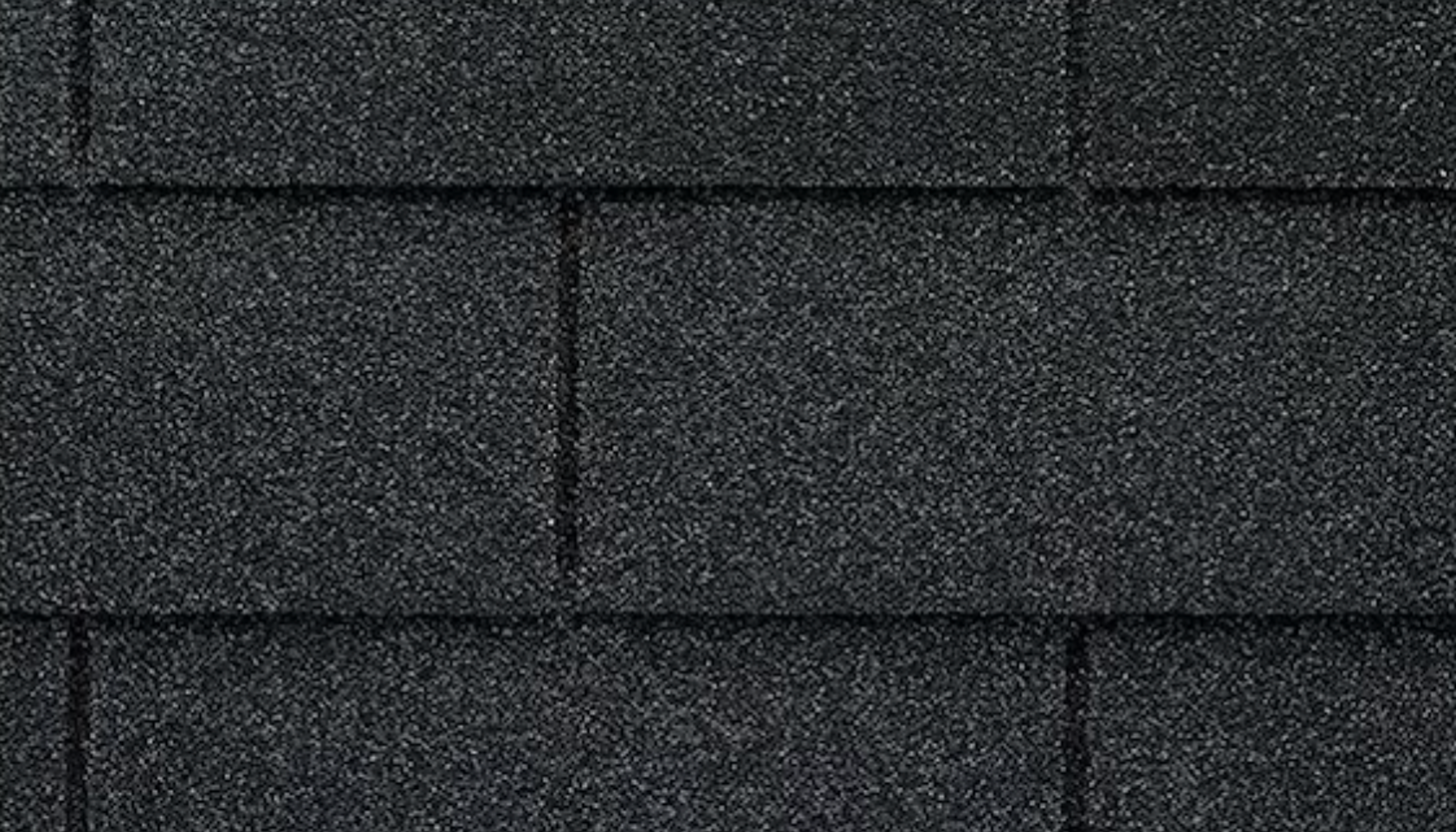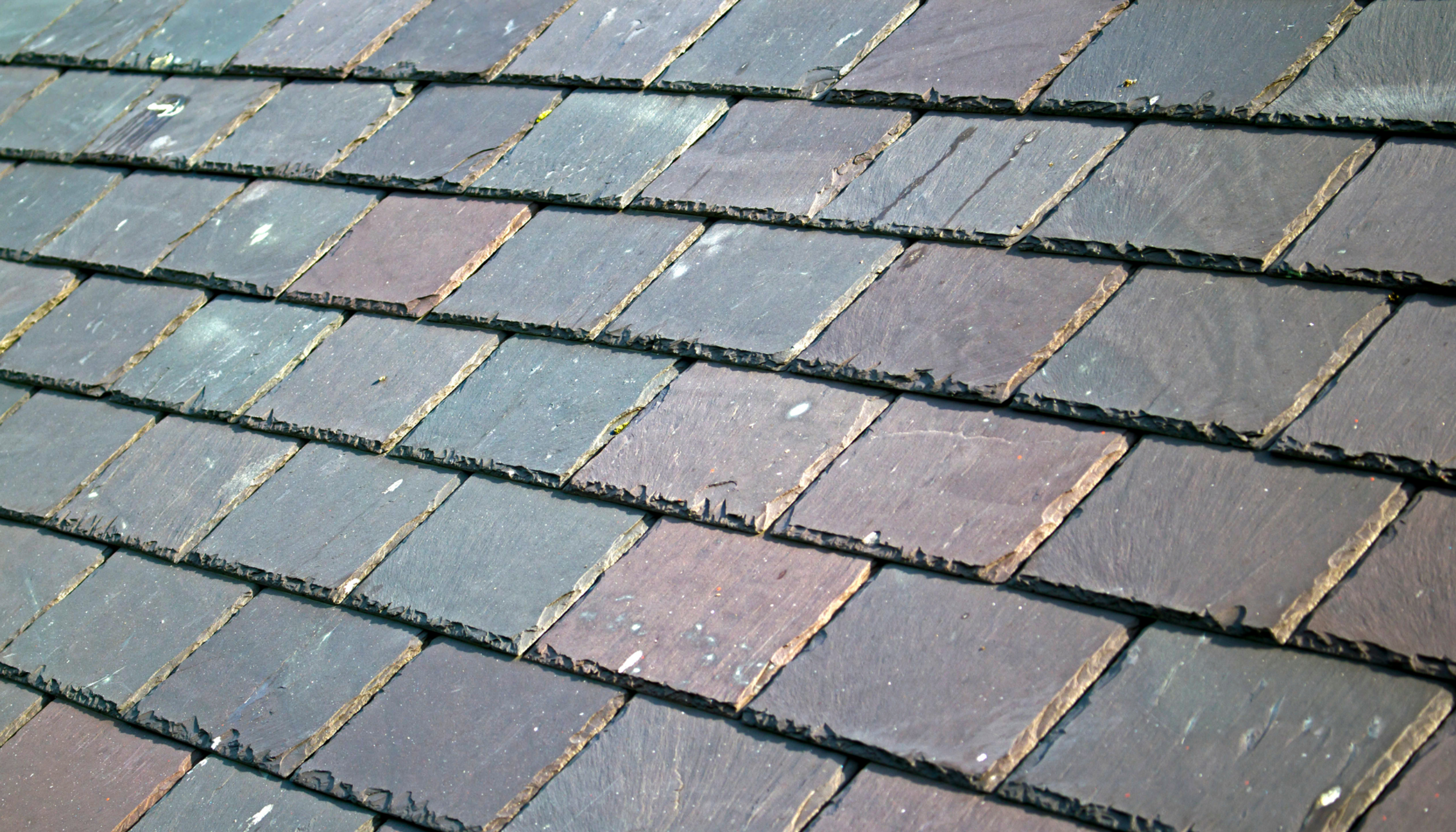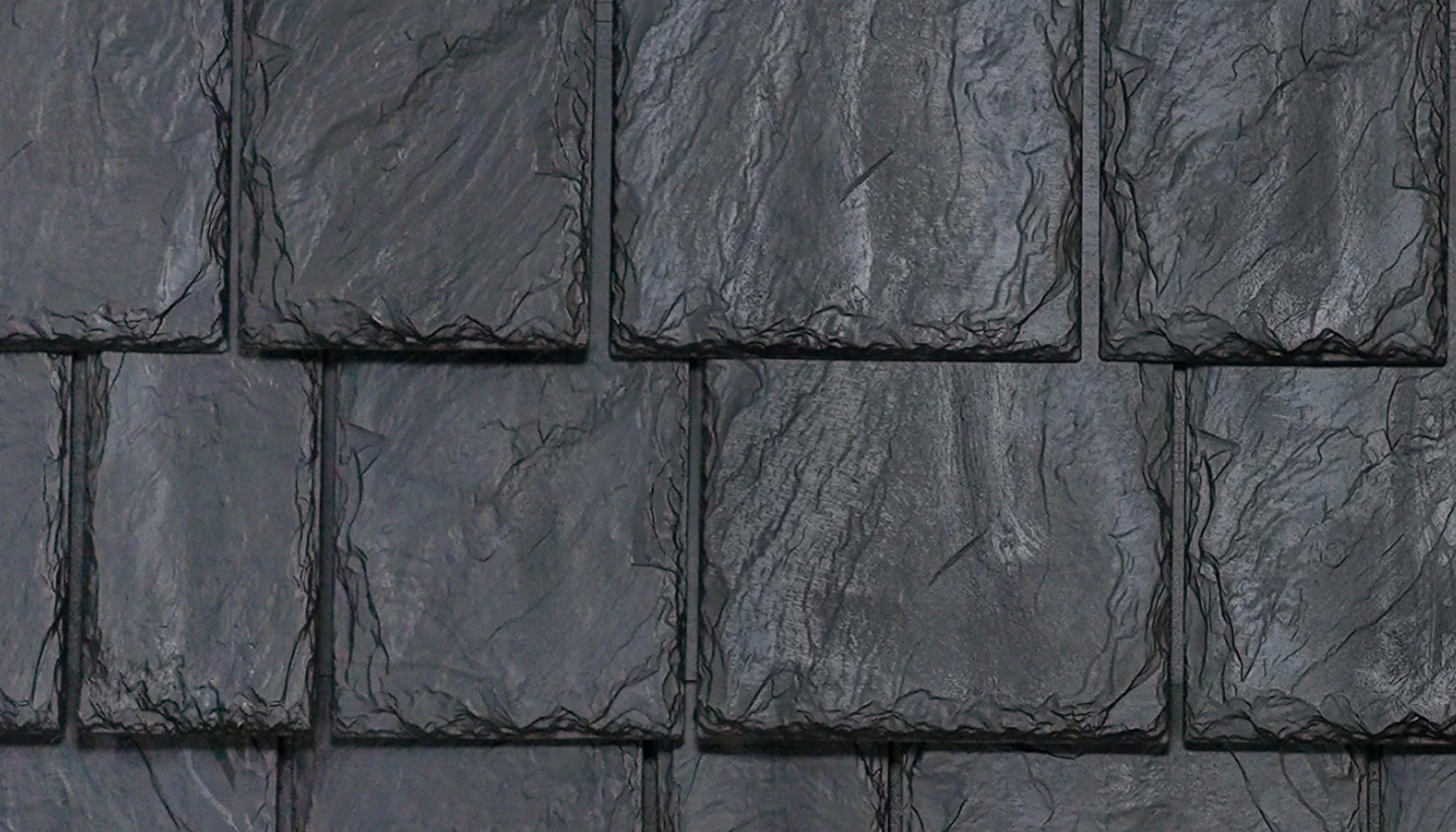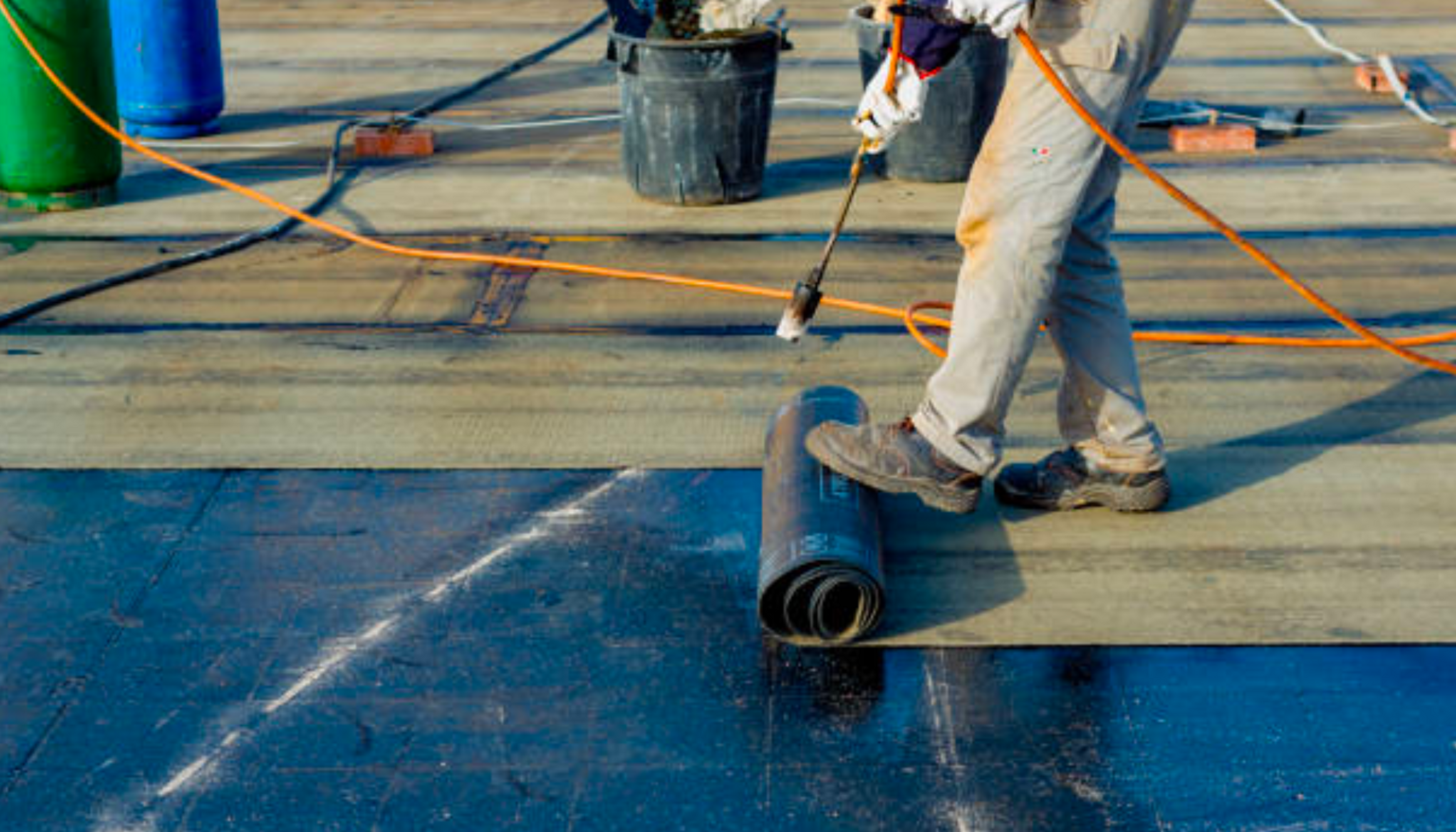Types Of Roofing Materials



Florida's sunshine is rejuvenating, but your roof faces a different reality: relentless sun, torrential downpours, and salty air. Choosing the right material isn't just about aesthetics; it's a strategic balance of style, budget, and tough weather.
Familiar and affordable asphalt shingles offer a quick tune-up, while elegant clay and slate tiles weather any storm but come with a hefty price tag. Metal roofs boast modern flair and hurricane defiance, but installation can be tricky based on the condition of the deck. Composite shingles straddle affordability and durability, while cool, flat TPO roofs keep energy bills humming low. Remember, no one-size-fits-all exists. Let your roof stand tall and proud, singing the sweet song of security and peace of mind.
Asphalt Shingles

Asphalt shingles are the most commonly used roofing material used today in the US. It is a great option for many reasons. It is cost-effective great warranty options and they're also easy for professional contractors to install, which reduces project time.
- Most affordable
- Lightweight
- Assessable
- Color Variations
Cons
- Hurricane Vulnerability
- Higher Cooling Cost
- Environmental Concerns
Metal Roofing

Metal Roofing provides many different types of options from a simple 5V Key West style with exposed fasteners to a mechanically seamed standing seam metal roof with a 2" seam. There are plenty of pros to metal roofing but I believe durability and aesthetics are at the top for me. The 5V roof is being tested to withstand 180MPH with some manufacturers. Nothing says elegance like a standing seam metal roof it just gorgeous.
Pros
- Longevity (30-50 years)
- Durability
- Low Maintenance
- Recyclable
Cons
- Costly Upfront
- Soundproofing
- Specialized Repairs
Tile Roofing

Tile is a great alternative option. They may have a slightly higher price tag than asphalt, but the material can last 30+ years. From Spanish to Scania, these roofs come in styles that echo the beauty of Florida's diverse landscapes. Choose clay for a symphony of strength, beauty, and weather-defying performance that resonates for generations.
Pros
- Extremely durable (30+ years)
- Fire Resistant
- Appealing Colors
- Regulates House Temperature
Cons
- Premium Cost
- Additional Structural Support
- Vulnerable to Impact
- Specialized Labor
Slate Roofing

Slate is very expensive and uncommon in Florida. It is fire-resistant, wind-defying, and hail-resistant, they offer peace of mind but it comes at a price. Choose slate for a weather-defying material that lasts for generations. But if budget is your primary focus, synthetic options like composite.
Pros
- Fire Resistant
- Eco-friendly
- Durable
Cons
- Very expensive
- Delicate to impact
- Extremely heavy
- Additional Structural Support
Composite Shingles

Made from recycled materials, these shingles mimic natural slate's timeless elegance, fooling even the seasoned roofing eye. They withstand Florida's sun without bleaching and shrug off wind and rain with ease. There is a great lifespan with these composite tiles as well. they leave you humming with peace of mind, not repair bills.
Pros
- Durable (20-30 years)
- Aesthetics
- Eco-friendly (rubber and plastic)
Cons
- Limited weather-resistant
- Some styles require ventilation
- Newer material (Roofing Industry)
Modified Bitumen

Modified bitumen roofs are highly durable and can withstand harsh weather conditions, including extreme temperatures, high winds, and heavy rainfall. Flexibility: The flexibility of modified bitumen membranes allows them to expand and contract without cracking or splitting
Pros
- Energy efficiency
- Lower initial cost
- Easy maintenance
Cons
- Drainage issues
- Limited ventilation
- Short Lifespan (15-20 years)
Conclusion
Navigating all of the types of roofing materials options in Florida can be daunting. From budget-friendly asphalt to timeless clay tiles, each material has its pros and cons. But in this sunshine state, where relentless sun and unpredictable storms hold the reins, finding the perfect balance of style, resilience, and affordability is vital.
Always consult with a skilled roofing contractor first to ensure your home will be protected and look great for years to come. Whether you prefer the affordability of composite shingles or the enduring legacy of clay tiles, let your roof stand tall and proud.